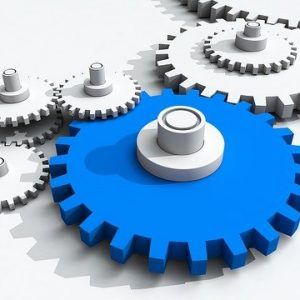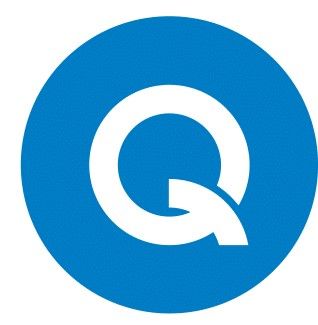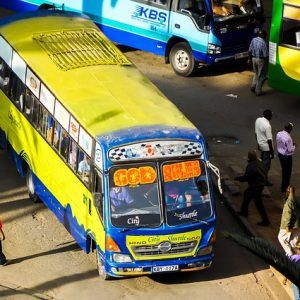By Stephen Mureithi
Half a decade ago, among much fanfare and celebration, and after a bloody war of both words and fists, Kenya finally obtained sovereignty.
We had finally realized what could have only been described a few years ago as wishful thinking. Surely, nothing was stopping us from achieving our dreams for a better Kenya. There was so much potential! So much hope! To the average layman at the time, we had finally broken the ceiling that was bogging down the country. At last, Kenya would have the space it needed to become the best in the world!
Fast-forward sixty years later and although we have surely made some progress, the consensus is that we are capable of so much more. The layman nowadays thinks that the dreams of our ancestors have not been quite achieved. Constantly scratching at this disappointment is the rampant unemployment, corruption scandals, and economic disparity which has been sung so much by our media outlets that we have become used to it. Unlike what our leaders have been telling us for generations, we can now say with certainty that it is not due to a lack of natural resources. If there is anything that researchers and analysts agree to, it is the fact that Kenya is a beautiful country blessed with vast reserves of natural resources.
So what makes countries like UAE, which are practically deserts and whose economies practically rely on only two sectors; oil and tourism, beat us in practically all aspects of living? Well, this is simply a question of efficiency. There is a reason why engineers seek to always improve the efficiency of systems. Efficient machines run better, use less energy to run, and produce way more output than inefficient systems. Time to beat around the bush is no more. Our country's systems are inefficient, and they need to be restructured. This efficiency is what I would tackle if I was elected to lead the Kenyan people. Like any other machine, the country has several issues that drop off its efficiency.
As a ruler, you solve these problems and our issues are no more.
According to my research, I would focus on three key themes: corruption, technical expertise, and resource allocation.
Our progenitors once said, “One can only hope to scratch themselves with their own fingernails, and not those of another.” This little nugget of wisdom, ladies and gentlemen, simply means that you can only solve your predicaments using the means available to you. And what better weapon exists to solve a country’s problems other than the technical team?
In the proverb, our technicians, experts, and professionals are the nails, slowly scratching away at the itch of inefficiency that our country is feeling at the present moment. As they develop new ways of doing things and tackle problems, they are slowly coming up with solutions to what ails Kenya. For a leader, this means one thing: fix the education system and you give the country the capacity to fight back against the various problems that plague this country. Sure, some of you will argue that when it comes to education, our country has passed the literacy threshold. However, how many of these literal people can actually turn their education into something meaningful for their respective societies? This is the true test of an education system, and judging by the employment crisis in Kenya right now, our education system has fallen short. We really need a system that actually addresses the problems in society.
As researchers and analysts before me have clearly described, lack of resources should not be a major concern for Kenyans. We have more than enough for everyone, and plenty to spare for the forthcoming generations. It is in resource allocation that we have failed severely as a country. By definition, a resource is a means to an end, a way to achieve a specific outcome. Allocate a resource poorly, and it is no longer serving a greater goal and is additionally bogging down the entire process. It is for this reason the resource allocation is the sector where great leaders really earn their money. As the leader of Kenya, therefore, resource allocation would be a crucial element of my leadership, and I would be careful to use resources as arsenals in my ladder, and not as dead-weights to clog my progress.
All said and done, you can make the system as efficient as possible, but without solving the corruption crisis it would be akin to flogging a dead horse to get it to move; pointless, useless, and utter waste of time. In simple terms, you cannot increase the efficiency of an engine that is broken, and corruption is the rust that is slowly eating away at the country’s engine, slowly clogging its systems and eventually breaking it. What you need to do first is fix the engine, and in this case, deal with the corruption problem.
Now as a leader and a Kenyan, I will be the first to admit that this is not a clear-cut decision. Corruption is a complex, messy and multi-headed dragon that seems to grow two heads wherever you cut off one. What I would propose is to find ways to root out corruption from every aspect of our lives and to make sure that we slowly take it away for good.
In conclusion, if as a country we focus on three aspects; our experts, our resources, and the corruption in this country, we will finally be able to reach that perfect vision of our country that was in the mind of our forerunners at Independence Day.
***
Stephen Mureithi comes from a humble background, originating from the rural backwaters of Gitaru town. It was from here that he worked his way up. He is a civil and structural engineering consultant by trade and plays soccer as the forward for Bandari Youth FC. He is also a researcher who has written a few published papers on water engineering.




